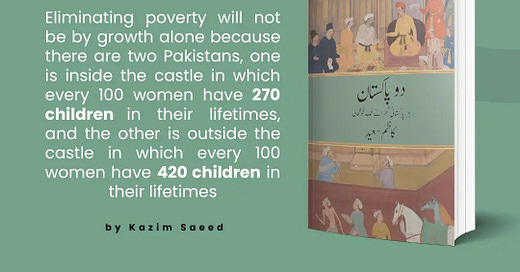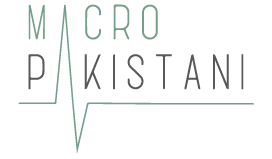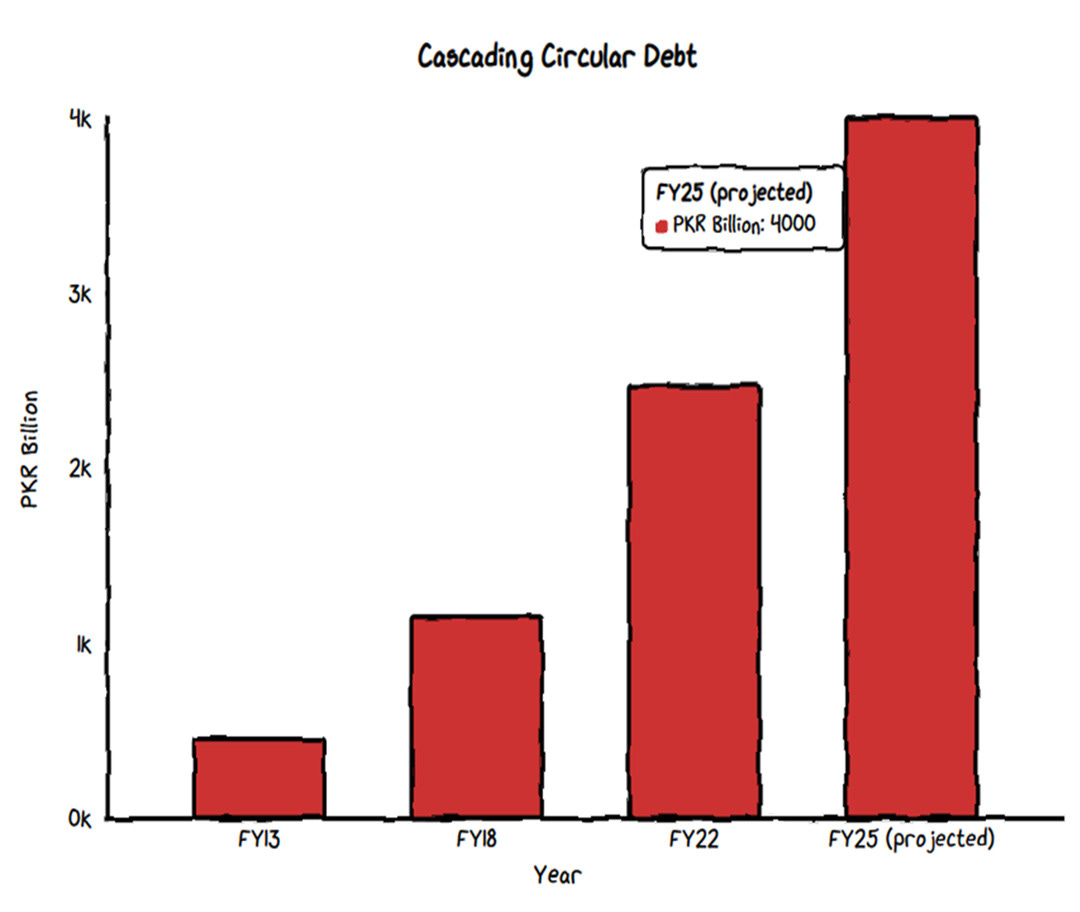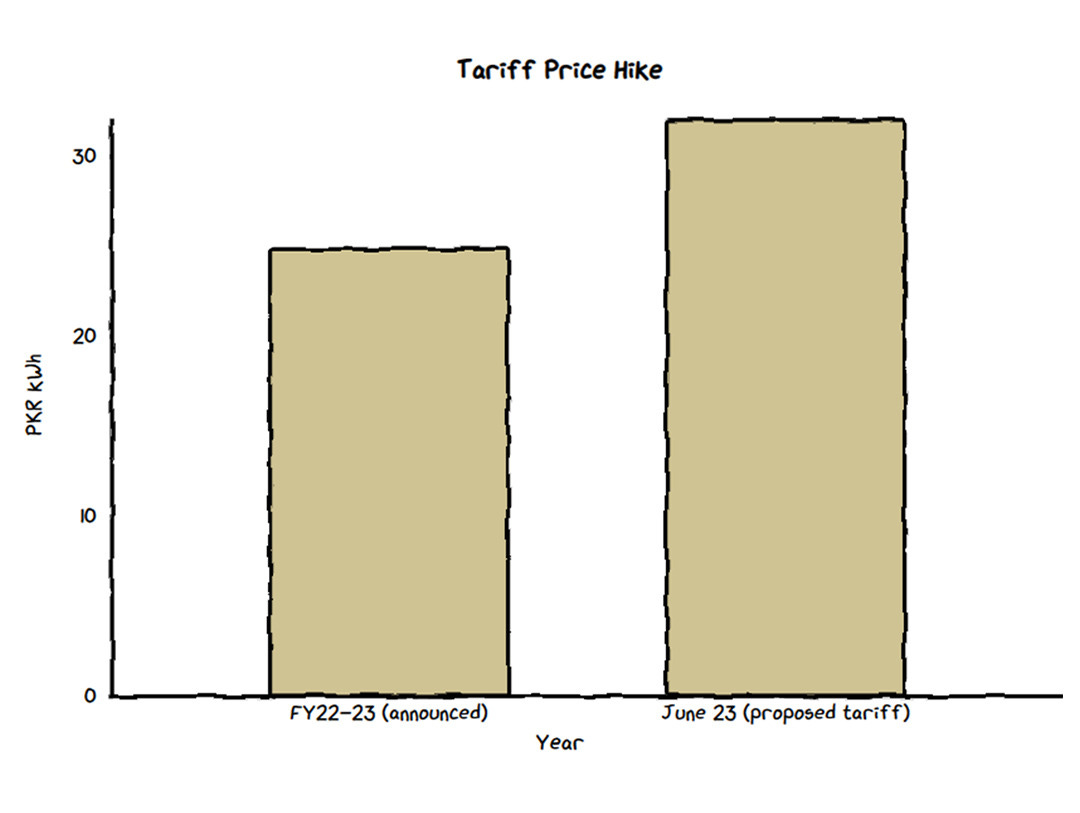Passing on the Burden
Increments in electricity and oil prices may have a coupling effect on inflation.
Pakistan’s government has agreed to increase the annual base tariff by 33% which translates to an average increment of PKR 7.74 per unit.
Energy is one of the most essential inputs for production and consequently, economic growth. In Pakistan, the energy sector is plagued by many woes. From excess electricity demand to circular debt, various problems multiply the energy crisis. For instance, the tariff differential subsidy and capacity charges bridge the gap between payables and receivables. On a macroscopic level, these factors increase the government’s expenditures while not adding much to the revenue side, therefore, aggravating the fiscal deficit.
Pakistan’s current strategy to solve its fiscal deficit problem is fulfilling the IMF requirements. One of the IMF’s tools to control the problem is the primary deficit (which has already been misreported by the government). In the case of energy, further targeting of subsidies has been suggested by the IMF and ADB for a long time. According to these institutions, Pakistan must transfer most of its cost-recovery tariffs to consumers. In an effort to appease the IMF, Pakistan’s government has agreed to increase the annual base tariff by 33% which translates to an average increment of PKR 7.74 per unit. Since the total demand for subsidy by the power division stands at over PKR 1.3 Trn, the IMF has urged the government to increase the tariff, even more, to offset the additional demand altogether.
However, IMF’s past record shows that the increase in costs will be phased out as Pakistan is suffering from high inflation, especially, since increments in oil prices are expected as well. What does this imply for consumers and industries? As always, consumers i.e., households will have to bear the brunt since the industries will pass on the additional cost to consumers as well. These passthrough charges coupled with the direct impact of increasing oil prices will create a ripple effect in the prices of basic commodities.
DOU PAKISTAN: Har Pakistani gharane tak khushali (TWO PAKISTANS: Providing prosperity to every Pakistani household)
📊Almost 80% of the people of Pakistan do not have the means to provide a better future for their children. It’s a luxury that can be afforded by only about 15-20% of Pakistanis. This unfortunate situation exists because the economic objectives of the 21st century cannot be achieved by holding onto the development paradigms of our Mughal past.
🇵🇰 Based on this premise, Kazim Saeed’s Dou Pakistan: Har Pakistani gharane tak khushali (Two Pakistans: providing prosperity to every Pakistani household) clearly identifies the direction the country needs to take and the targets it must set for itself in order to ensure prosperity to every household by 2047.
GRAPHICS
Share your opinion via Macro Pakistani poll:
Improve brand awareness for your startup/business or amplify the reach of your ongoing marketing campaigns by promoting them on Macro Pakistani. We have previously done successful paid collaborations with:
Send an email to hello@macropakistani.com
About Us: Macro Pakistani is a data-driven research platform that aims to provide a basic understanding of Pakistan’s economy. If you have an interest in contemporary news but are currently overburdened with sensationalism and specialized vocabulary, we are the platform for you.
How are we doing? Please send us any questions, comments or suggestions by replying to this email.





